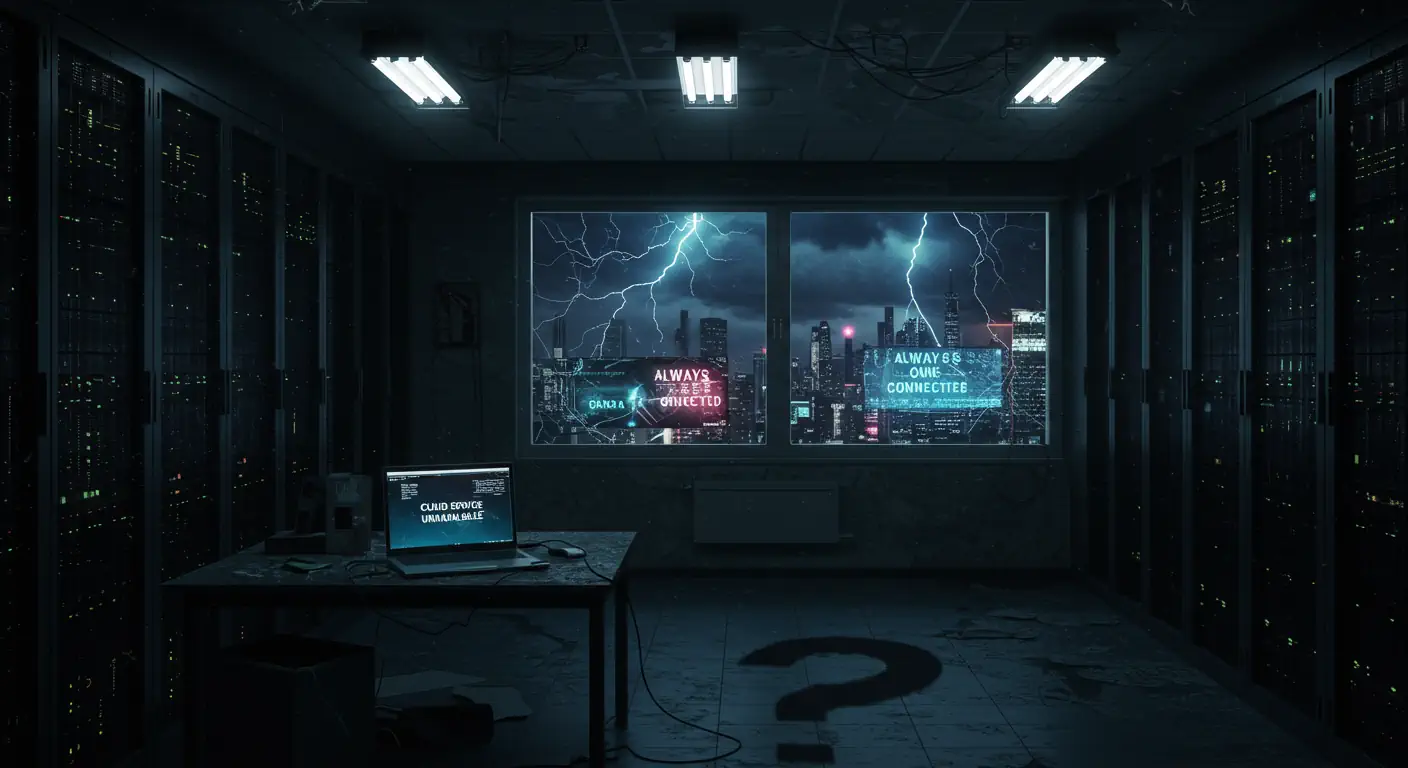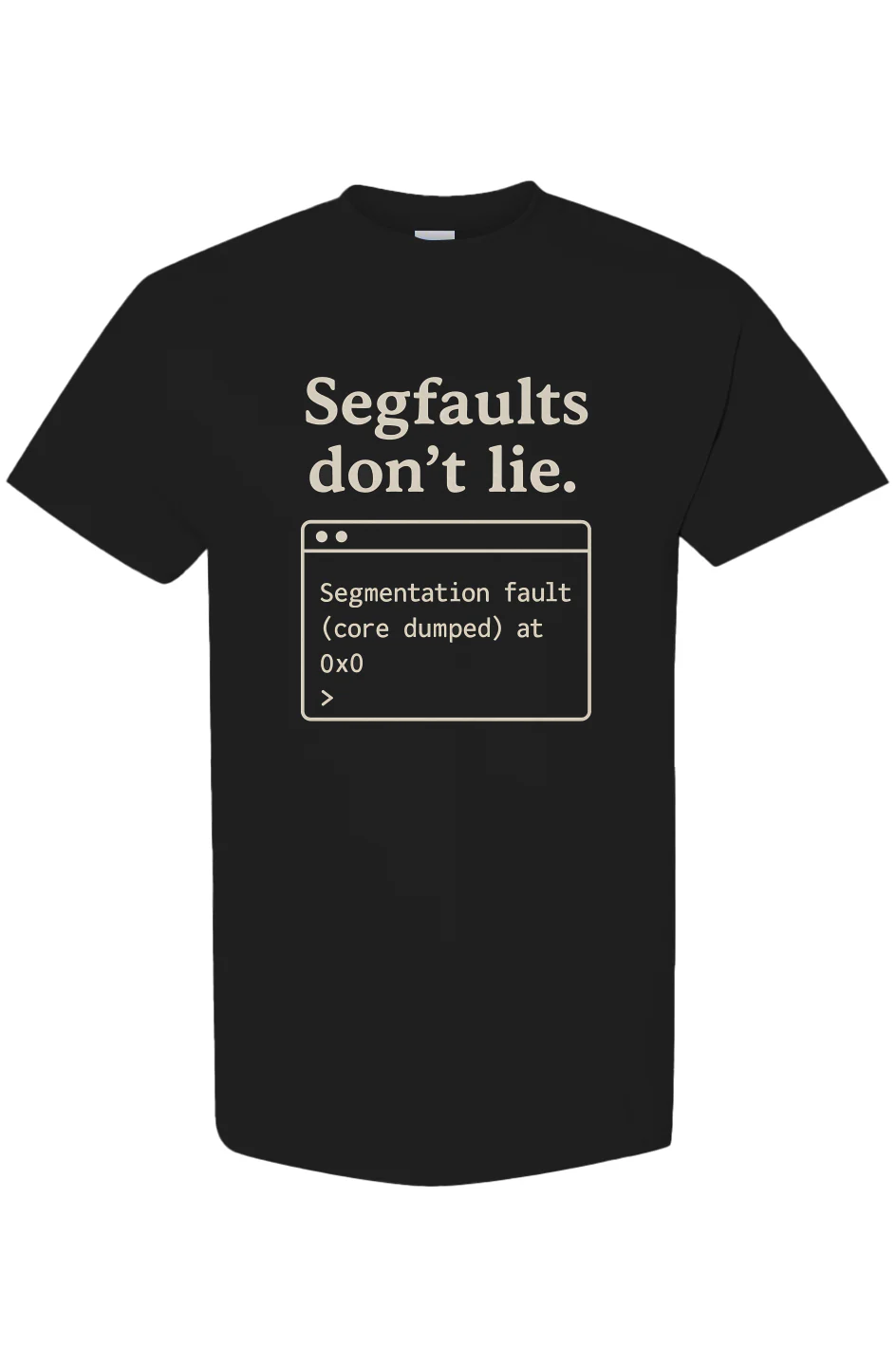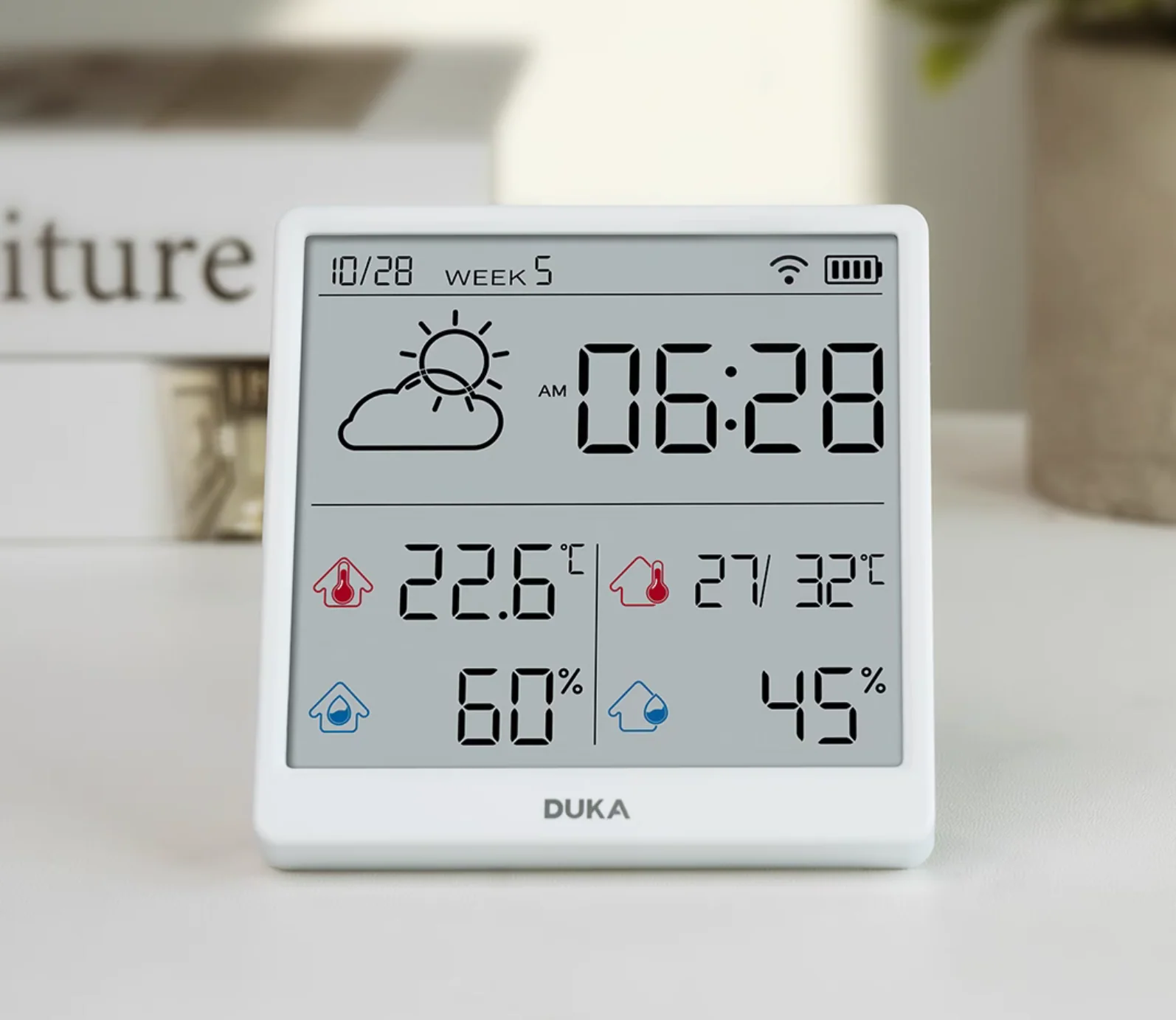“Is iCloud down?”
It’s not just a trending search term—it’s a real outage. On Tuesday afternoon, Apple’s iCloud Mail service experienced a widespread disruption across the United States. Reports on DownDetector spiked at 3:20 p.m. EDT, as thousands of users found themselves locked out of their inboxes, unable to send or receive email.
For most, it was a passing inconvenience. But for a growing number of people, it felt like something more—a sudden reminder of just how much we’ve handed over to the cloud.
That question—“Is iCloud down?”—carries a weight it didn’t used to.
And that raises a more interesting one: how did we get here?
A Brief History of Dependency
Once upon a time, a personal computer was an island. Your files lived in your hard drive, your backups on floppies or CDs stacked by your desk. If you wanted to share a document, you used a USB stick or burned a disc. It was clunky, but it was yours. Your data was not borrowed space on someone else’s server. You were the sysadmin of your own life.
That changed with the arrival of services like Gmail, Dropbox, and iCloud. The pitch was irresistible: no hardware, no setup, no worry. Just open your laptop—or your phone—and everything would be there. Email, documents, music, backups, even memories.
It wasn’t a trap. It was a trade.
And like all trades in computing, it came with unspoken costs.
What We Gained—and Lost
Public cloud services brought a kind of digital literacy to the masses. People no longer needed to understand file systems or backup schemes. They didn’t need to worry about drive failures or file corruption. The infrastructure scaled invisibly beneath them. Syncing just worked.
But with each convenience came a concession. Control migrated outward. Your files, once local, now exist on opaque infrastructures governed by policy, legal jurisdiction, and algorithm. Downtime—once a hardware issue in your bedroom—is now a silent boardroom meeting thousands of miles away.
When iCloud goes down, it isn’t your computer that’s broken. It’s your worldview.
The Silent Tradeoff
Few individuals consider how deeply this transformation has gone. We are no longer just users of the internet. We are tenants.
The cloud assumes permanence, but relies on uptime. It assumes trust, but functions through abstraction. It assumes neutrality, but operates within the commercial logic of vendors who, however well-meaning, are not neutral stewards of your life.
Privacy becomes policy. Availability becomes SLA. You trade simplicity for invisibility—and invisibility has a cost.
Alternatives That Still Exist
Not everyone has surrendered to this model. Some still run local backups on physical drives. Others operate their own Nextcloud instances on small home servers. A growing minority use NAS devices not just for media storage, but for reclaiming agency.
Hybrid models have also emerged—systems that combine local and remote intelligently, giving you the convenience of cloud access with the sovereignty of self-hosted data. These are not trends. They are refusals. Acts of quiet resistance against platform consolidation.
Of course, they require effort. And effort, in this age of frictionless UX, is a rare currency.
The Wrong Lessons from the Right Tools
It's easy to think that the only solution to outages and data control is a wholesale rejection of the cloud. But that’s not quite right. What’s needed is literacy—an understanding of what these systems are, and what tradeoffs they entail.
You don’t need to abandon the cloud. But you should understand it. You should know when you’re being locked in. You should know how to escape. You should know how to verify that what you trust actually works.
And just as developers use sanitizers in their build systems to catch memory errors before they become vulnerabilities, individuals can apply similar thinking to their digital lives. You don’t always need a new provider—you just need to test your assumptions. Run backups. Audit settings. Practice digital hygiene like a craftsman sharpens his tools.
A Question Worth Asking
The question isn’t whether the cloud is bad. The cloud is a tool. Like any tool, it can empower or erode, depending on how it’s used.
So when services like iCloud go down, it’s not just a reminder of technical fragility. It’s a reminder of something deeper.
Are you a user, or are you a tenant?
And if you're a tenant—do you know who your landlord is?



